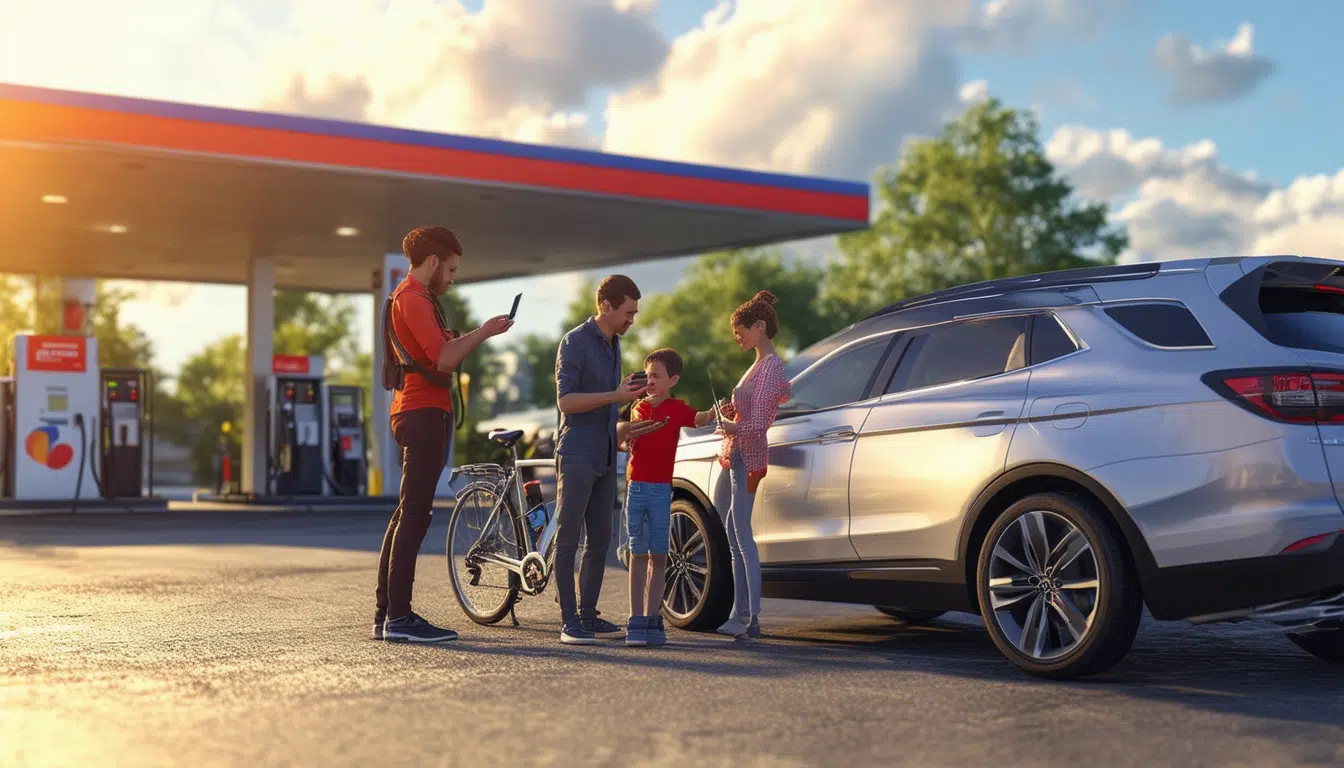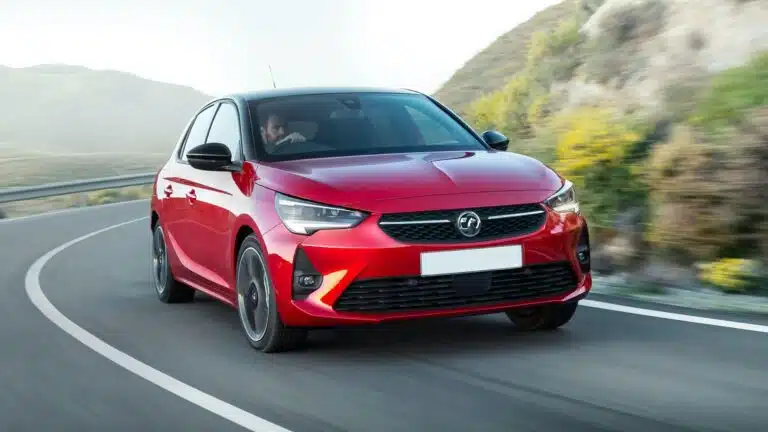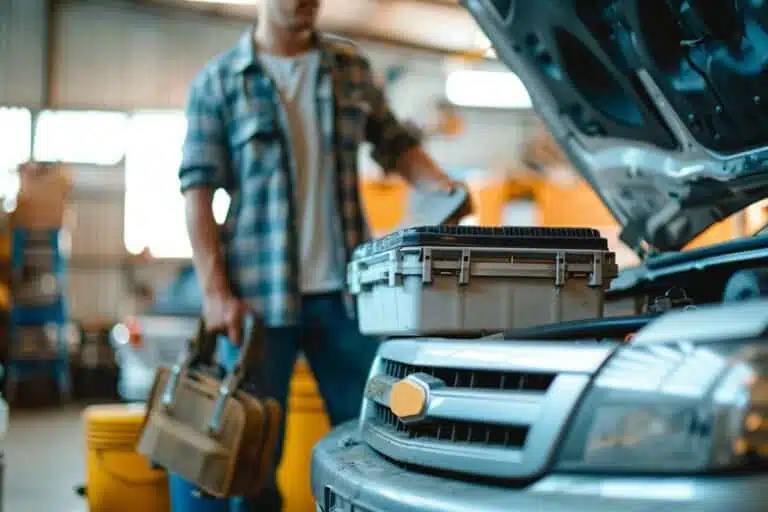Practical tips to reduce fuel expenses

Reducing fuel expenses has become a necessity for many drivers, both for economic and environmental reasons. Adopting efficient driving habits and performing proper maintenance on the vehicle are essential steps to save money on gasoline. Below are practical tips that will facilitate savings and promote a more sustainable lifestyle.
Reducing fuel expenses has become a fundamental concern for many drivers. Implementing some simple strategies not only helps save money but also contributes to a healthier environment. Below are practical tips that, when applied, can improve gasoline consumption efficiency.
Route Planning
Good planning can make a difference in fuel consumption. Before heading out, it’s advisable to check the shortest and least trafficked route. Using navigation apps that avoid traffic jams can help optimize time on the road and, in turn, reduce gasoline usage.
Vehicle Maintenance
A well-maintained vehicle is key to efficient fuel consumption. Regular oil changes and checking the condition of air and fuel filters ensure that the engine runs optimally. Additionally, keeping the alignment and balancing of the wheels correct prolongs the life of the vehicle and improves consumption efficiency.
Check Tire Pressure
It is important to regularly check the tire pressure. Under-inflated tires increase rolling resistance, causing the engine to work harder and consume more gasoline. Maintaining pressure at recommended levels can significantly improve efficiency.
Reduce Vehicle Weight
Removing unnecessary items from the interior or trunk of the car can also contribute to lower fuel consumption. Every extra kilogram of weight can increase energy expenditure, so make sure to carry only what is necessary on your trips.
Efficient Driving Style
Adopting a smooth and controlled driving style also helps to save gasoline. Avoiding sharp accelerations and braking allows for more efficient fuel use. Anticipating stops and maintaining a constant speed are practices that minimize consumption.
Turn Off the Engine During Long Stops
Turning off the engine during stops that exceed 30 seconds can help avoid unnecessary gasoline consumption. This habit is especially useful in situations such as waiting at a traffic light or in a temporary jam.
Use of Air Conditioning
The air conditioning consumes energy from the engine, so it is advisable to use it sparingly, especially at low speeds. Opening the windows at low speeds can be a more efficient option in terms of fuel.
Rest During Acceleration
Being aware of how you accelerate is key to optimizing consumption. Maintaining a light rhythm and avoiding rapid accelerations not only benefits gasoline consumption but also the normal state of the engine. Driving between 50 and 80 km/h is generally more efficient than at higher speeds.
Additional Measures to Reduce Spending
There are other strategies that can be considered to improve fuel efficiency. For example, avoiding prolonged idling and opting for cheaper fuels can make a difference in monthly spending. Additionally, regular checks of the exhaust and brake systems ensure that the vehicle functions in the best possible way.
For more detailed information on proper vehicle maintenance, you can visit this link. If you are interested in more affordable options for four-cylinder engines, you can check here. Also, don’t miss the innovative water-based engine, a serious competitor to electric cars, in this article.
Finally, if you are looking for a good deal on eco-friendly vehicles, you can check here to take advantage of the best options in the market.
Reducing fuel expenses has become a necessity for many drivers, not only for personal economy but also for the environmental impact. Adopting certain driving habits can lead to a significant decrease in gasoline consumption. For example, planning your trips can avoid unnecessary routes and thus save liters of fuel. Knowing the most efficient route will help minimize driving time and, in turn, fuel expenses.
Additionally, it is essential to properly maintain the vehicle. This includes performing regular checks, such as monitoring tire pressure, which if not adequately inflated can increase fuel consumption. Also, properly maintaining air filters and changing oil as suggested by the manufacturer can improve engine performance and reduce vehicle consumption.
Adapting your driving style is another key aspect. Driving smoothly, avoiding sharp accelerations and braking, is not only safer but also helps reduce gasoline consumption. Scheduling stops and anticipating driving maneuvers will improve vehicle efficiency and decrease fuel usage.
It is also advisable to avoid loading the car with unnecessary items, as extra weight can increase gasoline expenditure. On warm days, it is preferable to drive with the windows down instead of using the air conditioning. With these small changes, every driver can contribute not only to their personal savings but also to a cleaner planet.



